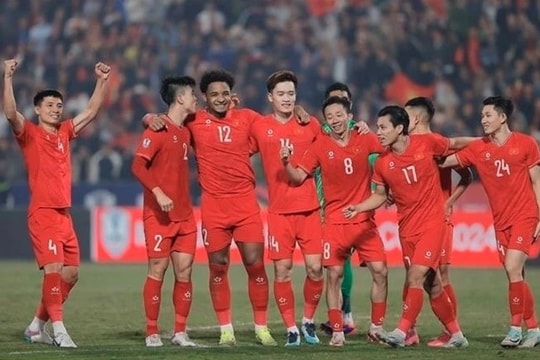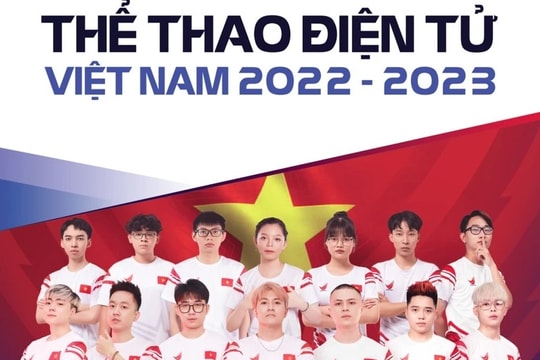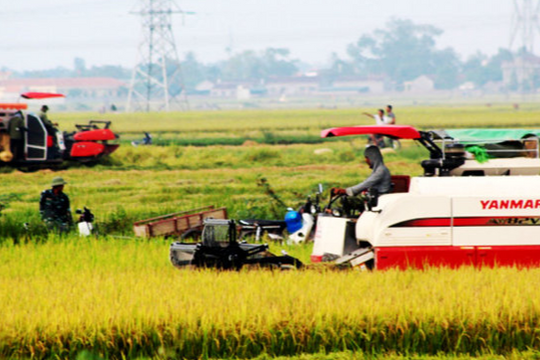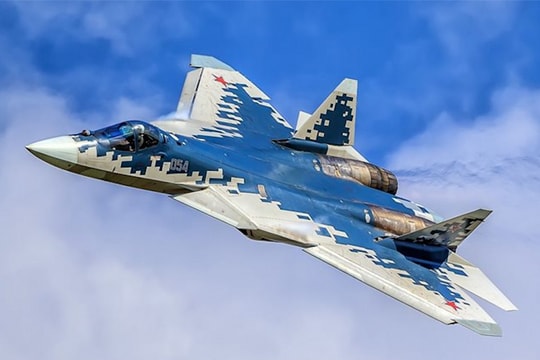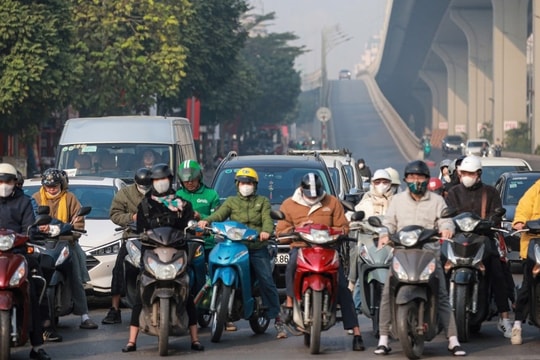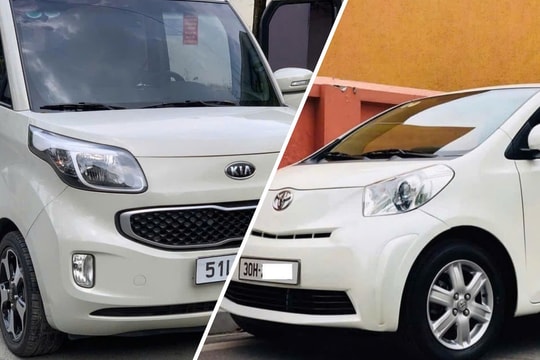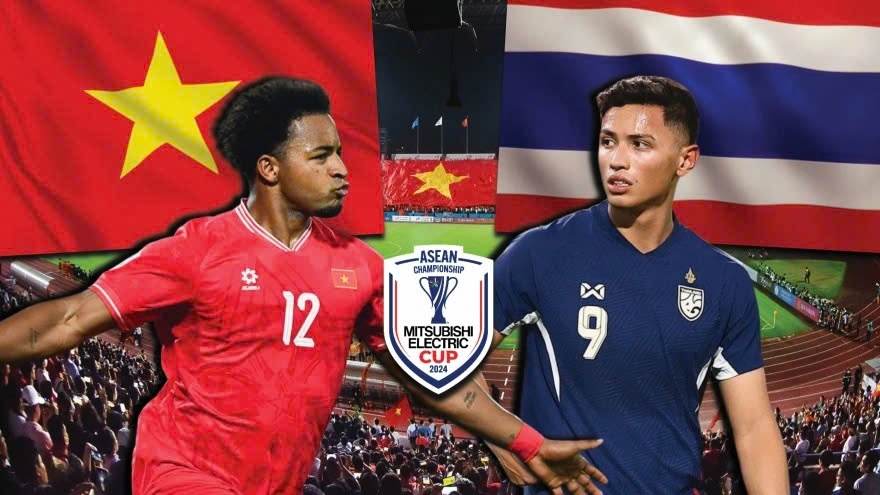
Under the leadership of coach Kim Sang-sik, Vietnam have the advantage of playing at home and have more rest time after their semifinals. Vietnam’s defense is highly rated, conceding only three goals throughout the tournament.
Meanwhile, Thailand boast the tournament’s strongest attacking lineup, scoring 22 goals so far. However, they may face challenges with fatigue after a grueling 120-minute semifinal against the Philippines.
Since 1995, Vietnam and Thailand have faced each other 29 times, with the former winning 3, drawing 8, and losing 18.
For the ASEAN Cup (AFF Cup), the two teams have met 13 times, with Vietnam winning 2, drawing 4, and losing 7.
Vietnam’s notable victories included a 3-0 triumph in the semifinals of the 1998 Tiger Cup at Hang Day Stadium in Hanoi, and a 2-1 victory at Rajamangala Stadium in the first leg of the 2008 AFF Cup final.
Since 2021, in their five most recent clashes, Vietnam have not managed a victory, with 2 draws and 3 losses.
The history of encounters shows Thailand have traditionally held the upper hand. However, Vietnam have secured key victories in the past, making the January 2 match highly anticipated and potentially thrilling.
Experts suggest Vietnam need to capitalize on their home advantage, maintain high intensity, and dictate the pace of the game to exploit Thailand’s defensive vulnerabilities.
Ahead of the match, coach Kim described Thailand as a massive mountain for Vietnam to overcome, but affirmed there is no mountain that cannot be conquered.
“We will fight with all our strength to achieve the best possible result,” said the Korean manager.
For his part, Thailand’s head coach Masatada Ishii said that naturalized striker Nguyen Xuan Son is currently Vietnam’s best player, and that he has devised a strategy to limit Xuan Son’s impact. He quoted experts saying the coming match is the Southeast Asian El Clásico, and he feels very excited and eagerly anticipates this thrilling clash between the two teams.






